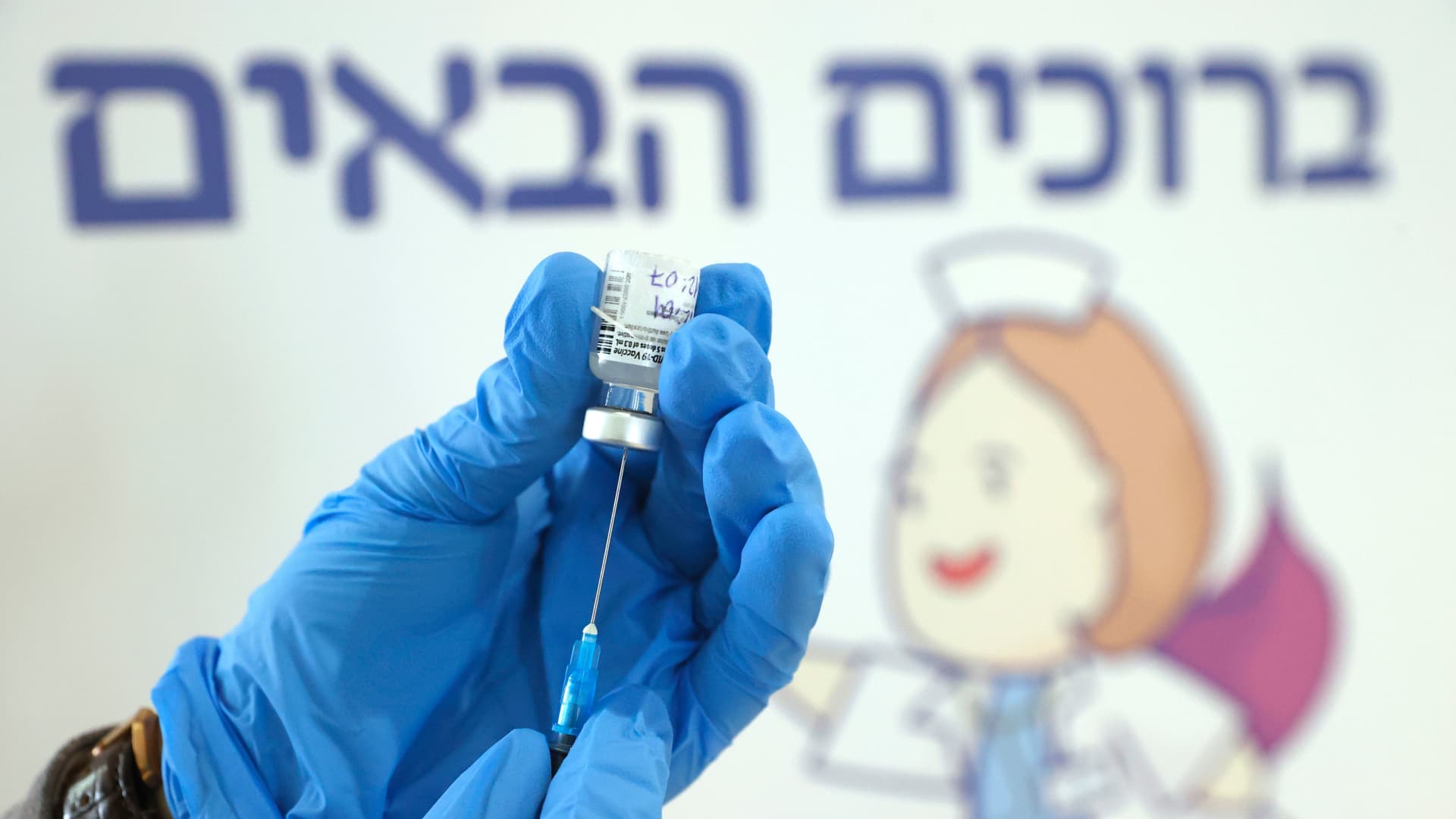Vaccines offer superior immunity compared to someone that never got sick. But once you get sick and you manage to recover, your immune system will be as strong or (highly likely) stronger than if it was through a vaccine. This is well-known in the medical community. Only now are the media touting the idea that the vaccines can give superior protection for those that were already infected. People are conflating the relatively high risk of not recovering and therefore it being preferable to get the vaccine, with the vaccine still having use after already having recovered from a natural infection.
And you know what else supports this? The fact that you need these vaccines twice to build a strong enough immunity, while generally you only need to be infected once and recover on your own for you to have a strong enough immunity. See here;
"Is natural infection better than immunization?
It is true that natural infection almost always causes better immunity than vaccines. Whereas immunity from disease often follows a single natural infection, immunity from vaccines usually occurs only after several doses. However, the difference between vaccination and natural infection is the price paid for immunity:
- The price paid for immunity after natural infection might be pneumonia from chickenpox, intellectual disability from Haemophilus influenzae type b (Hib), pneumonia from pneumococcus, birth defects from rubella, liver cancer from hepatitis B virus, or death from measles.
- Immunization with vaccines, like natural infections, typically induces long-lived immunity. But unlike natural infection, immunization does not extract such a high price for immunity; that is, immunization does not cause pneumonia, intellectual disability, birth defects, cancer or death."
In this section we address vaccine topics related to natural infection vs. immunization and the impact of vaccines on the immune system.

www.chop.edu
Could things have changed with the mRNA vaccines? Maybe. But the fact that you need to have them twice just like many other vaccines suggests otherwise. If these claims are to be made that even after infection the vaccines have use, they need to be scientifically supported. And right now, the science and the propaganda are being blended together.
And no, the amount of anti-bodies is not an indication of strength of immunity. Why? Because you might not have chickenpox antibodies floating around in you all the time, but generally, people get it only once in their life and never again. The antibodies are created only when necessary.
That is why to me, the argument that people that got only mild symptoms from the infection might have a weaker immunity is weird. It's possible if they got a low concentration of the virus (i.e. low dose), but afterwards got a much higher dose and the body didn't expect it. It's more likely that in those people their immune system is quicker to respond and develop antibodies, to the point of not allowing the virus to spread rapidly in their bodies. It is also known that people that recovered, if they are re-infected, the symptoms are generally more mild than the first time. Additionally, the vaccines do not guarantee that you won't get infected.
They talk about reinfection, but in reality, they don't know if it's a true reinfection with another exposure of the virus, or simply the same infection that the immune system ultimately failed to fight of. It's not that easy to make that distinction. See here;
With most coronaviruses, recovery confers a degree of immunity to reinfection. But a small number of patients have caught covid-19 for a second time. Chris Stokel-Walker looks at what we know and how worried we should be “Other things being equal, we can expect to see—even without this new...

www.bmj.com
So in short. I'm not saying these vaccines don't work. I am saying that it does not make sense to me that you should get the vaccine, if you already got infected with COVID and naturally fought it off. If you haven't gotten the virus, it seems better to simply get the vaccine, because the physical risk you expose yourself to by getting the vaccine first is lower than the risk of getting the actual virus first.
Not accounting for the risks related to of loss of freedoms by being compliant if vaccine passports are implemented.



